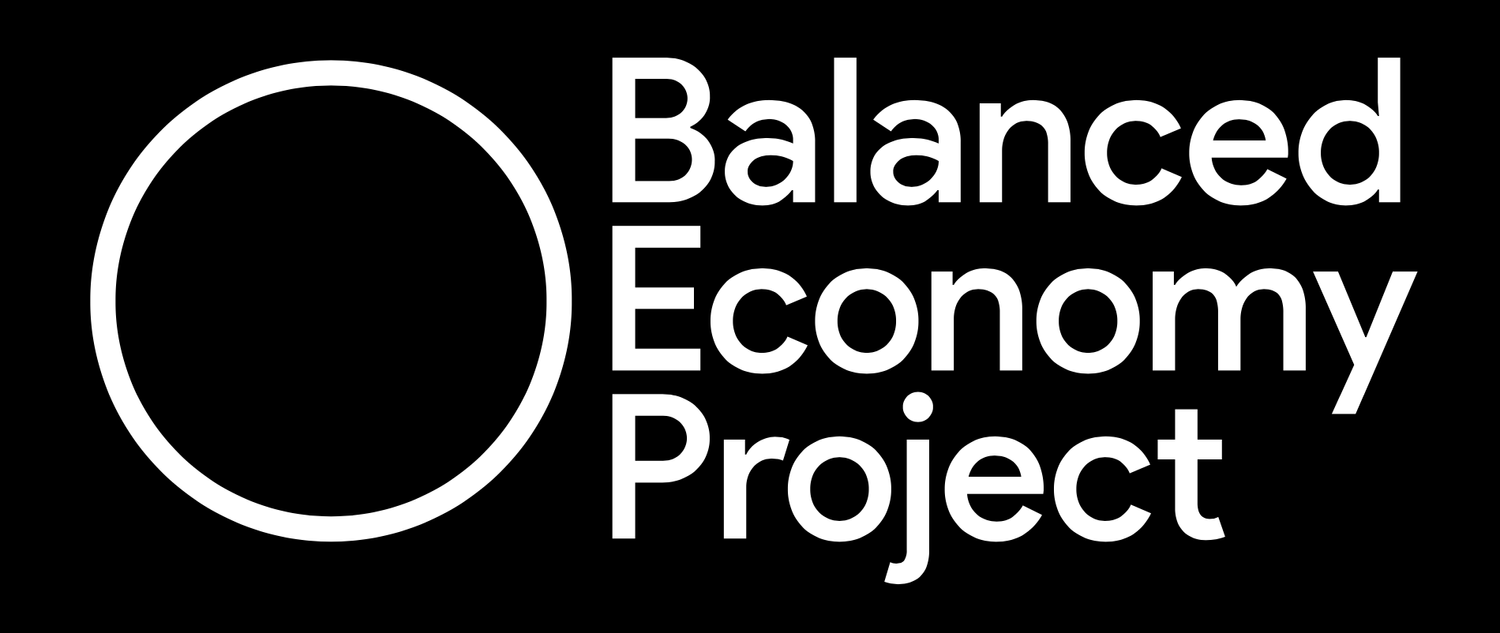US Judge finds Google has illegal monopoly on online advertising: now Europe must also act, and break Google up
Today, in a landmark ruling, a US court ruled that Google was guilty of being a monopolist for the second time in a year; this time in the market for online advertising.*
The Judge found that Google had violated US antitrust rules by “willfully acquiring and maintaining monopoly power in the open web display publisher ad server market and the open web display ad exchange market”. Google was also found to have illegally tied its adtech products together. The ruling confirms the US antitrust agency’s arguments that Google collects monopoly profits at the expense of publishers and advertisers who have a worse experience with no real alternatives given Google’s dominance. As the Judge highlights, Google’s conduct “substantially harmed Google’s publisher customers, the competitive process, and ultimately, consumers of information on the open web”.
The decision opens the door to forcing Google to break up part of its online advertising business. This has huge implications for the other cases against Google's online adtech monopoly, not least the case before the European Commission, where its preliminary findings in 2023 argued that “only the mandatory divestment by Google of part of its services would address its competition concerns. The Commission should now press ahead with issuing its final decision and order structural measures to break up Google’s illegal monopoly and restore competition and safeguard democracy in Europe.
Balanced Economy Project´s Exectutive Director, Claire Godfrey, said:
“This landmark ruling shows that for over a decade Google has flagrantly broken competition rules to illegally maintain a monopoly in online advertising, destroying the local news industry, and independent publishing; cornerstones of a healthy democracy. It’s a welcome and big win for US anti-trust enforcement. Now the EU should take courage from this decision and break up Google’s online advertising monopoly.”
—
*The case focuses on the $31 billion portion of Google’s ad business that matches website publishers with advertisers. It is this “stack” of technologies that determines what banner ads appear on countless sites across the web.
